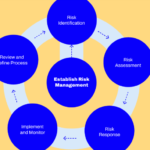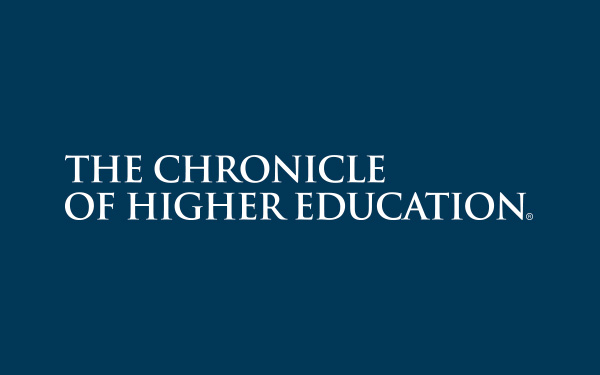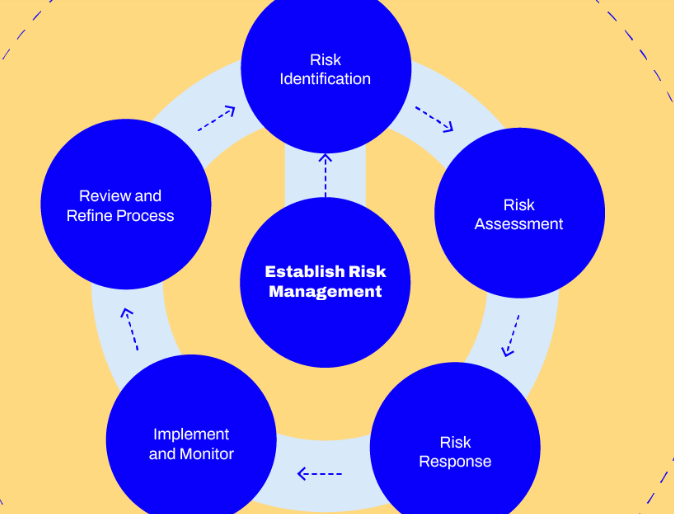A Vital Resource for Academia
The Chronicle of Higher Education is one of the most respected and comprehensive sources of news, analysis, and insights on the world of higher education. Since its founding in 1966, the Chronicle has become an indispensable resource for administrators, faculty, and staff at universities and colleges across the United States and beyond. With in-depth coverage of everything from faculty life and student affairs to institutional finances and global trends in education, the Chronicle helps its readers stay informed about the issues shaping higher education.
In this article, we will explore the history, purpose, and impact of the Chronicle, as well as the key features that make it a go-to resource for the academic community.
A Brief History of the Chronicle
The Chronicle of Higher Education was founded in Washington, D.C., by Corbin Gwaltney and a group of other editors from university alumni magazines. Their goal was to create a publication that offered serious journalism about higher education, something that was lacking at the time. From its humble beginnings as a bi-weekly newspaper, the Chronicle quickly grew in influence as it covered pressing issues facing colleges and universities. By focusing on reporting that was both timely and well-researched, the Chronicle gained credibility among academics and administrators alike.
Over the years, the Chronicle expanded its coverage to include more global issues in higher education, while also adapting to the digital era. In addition to its print editions, it launched a robust online presence, offering a wide range of digital content, including articles, reports, and newsletters. Today, the Chronicle remains a trusted source for anyone involved in the education sector.
Key Areas of Coverage
The Chronicle of Higher Education covers a broad range of topics that are critical to the operation and evolution of higher education institutions. Some of its main areas of focus include:
1. News and Current Events
The Chronicle provides up-to-date news on everything happening in higher education, from changes in government policies that affect funding and financial aid to the latest trends in student enrollment. It covers significant developments on college campuses, such as controversies over free speech, diversity and inclusion efforts, and issues related to faculty governance.
The publication is known for its balanced reporting, providing multiple perspectives on complex issues. This allows university leaders and educators to make informed decisions based on a nuanced understanding of current events.
2. Administration and Leadership
One of the Chronicle’s core strengths is its focus on higher education leadership and administration. Articles often delve into the challenges and opportunities facing university presidents, deans, and other leaders. The Chronicle covers topics such as managing institutional finances, developing strategic plans, navigating the challenges of declining enrollment, and leading during times of crisis.
The Chronicle also highlights successful leadership practices, offering insights into how institutions are responding to change and innovation in an increasingly competitive and complex environment.
3. Faculty and Research
For faculty members, the Chronicle offers a wealth of information on issues that directly impact their careers. It covers faculty hiring trends, tenure debates, academic freedom, and the evolving roles of adjunct and non-tenure-track faculty. The publication also provides resources on professional development, helping educators navigate the challenges of balancing teaching, research, and service responsibilities.
In addition to faculty-related news, the Chronicle frequently publishes reports on academic research, exploring new developments across a wide range of disciplines. These articles often highlight the implications of research for society, policy, and the future of higher education.
4. Student Life and Affairs
The Chronicle keeps readers informed about the changing demographics, needs, and experiences of students. From discussions on student mental health and well-being to the challenges faced by first-generation and underrepresented students, the Chronicle addresses the evolving landscape of student affairs.
With rising concerns about access to higher education, affordability, and the student loan crisis, the Chronicle’s coverage provides valuable insights into the experiences of students from diverse backgrounds and helps institutions better understand how to serve their student populations.
5. Technology and Innovation
In an age where technology plays an increasingly important role in education, the Chronicle has become a leading voice on how technology is transforming higher education. It covers the latest innovations in online learning, digital tools for teaching and research, and the use of data analytics in decision-making.
With the rise of hybrid and fully online degree programs, the Chronicle frequently examines the impact of technology on traditional academic models and provides guidance for institutions looking to adapt to these changes.
Special Reports and Data Analysis
In addition to daily news coverage, the Chronicle produces special reports and in-depth data analyses on critical issues facing higher education. These reports often draw on extensive research and data collection efforts, offering a comprehensive look at trends such as faculty salaries, diversity in higher education, and the state of university finances.
For example, the Chronicle’s “Great Colleges to Work For” report is an annual feature that highlights institutions excelling in workplace satisfaction, while their “Almanac of Higher Education” provides essential data and insights on enrollment, graduation rates, and institutional budgets.
These reports are invaluable tools for academic leaders, policymakers, and educators seeking to understand the broader context of higher education and make data-driven decisions.
The Chronicle’s Digital Evolution
In response to the increasing demand for digital content, the Chronicle has embraced online platforms to make its content more accessible to readers. The Chronicle.com website offers both free and premium content, allowing subscribers to access in-depth articles, research reports, and opinion pieces on a variety of topics. It also provides interactive tools, such as salary databases and diversity dashboards, to help users explore trends in higher education.
Additionally, the Chronicle produces a range of newsletters and podcasts that cater to specific interests within the academic community. These include newsletters on topics like teaching, diversity, and leadership, as well as podcasts that feature interviews with experts in higher education.
Impact on Higher Education
The Chronicle of Higher Education has played a significant role in shaping conversations and policies around higher education in the U.S. and globally. Its reporting and analysis influence decisions made by university presidents, faculty senates, and boards of trustees. Additionally, its data and insights are frequently cited in research studies, reports, and policy discussions about the future of education.
As higher education continues to face challenges related to funding, access, and evolving societal needs, the Chronicle remains a critical source of information for leaders and educators seeking to navigate these complexities.
Conclusion
The Chronicle of Higher Education stands as a cornerstone of academic journalism, providing invaluable resources for anyone involved in higher education. From its coverage of current events and administration to its focus on faculty and student life, the Chronicle offers a comprehensive look at the forces shaping the world of academia. As higher education continues to evolve, the Chronicle’s role as a trusted source of information, analysis, and data will remain vital for educators, administrators, and policymakers alike.










